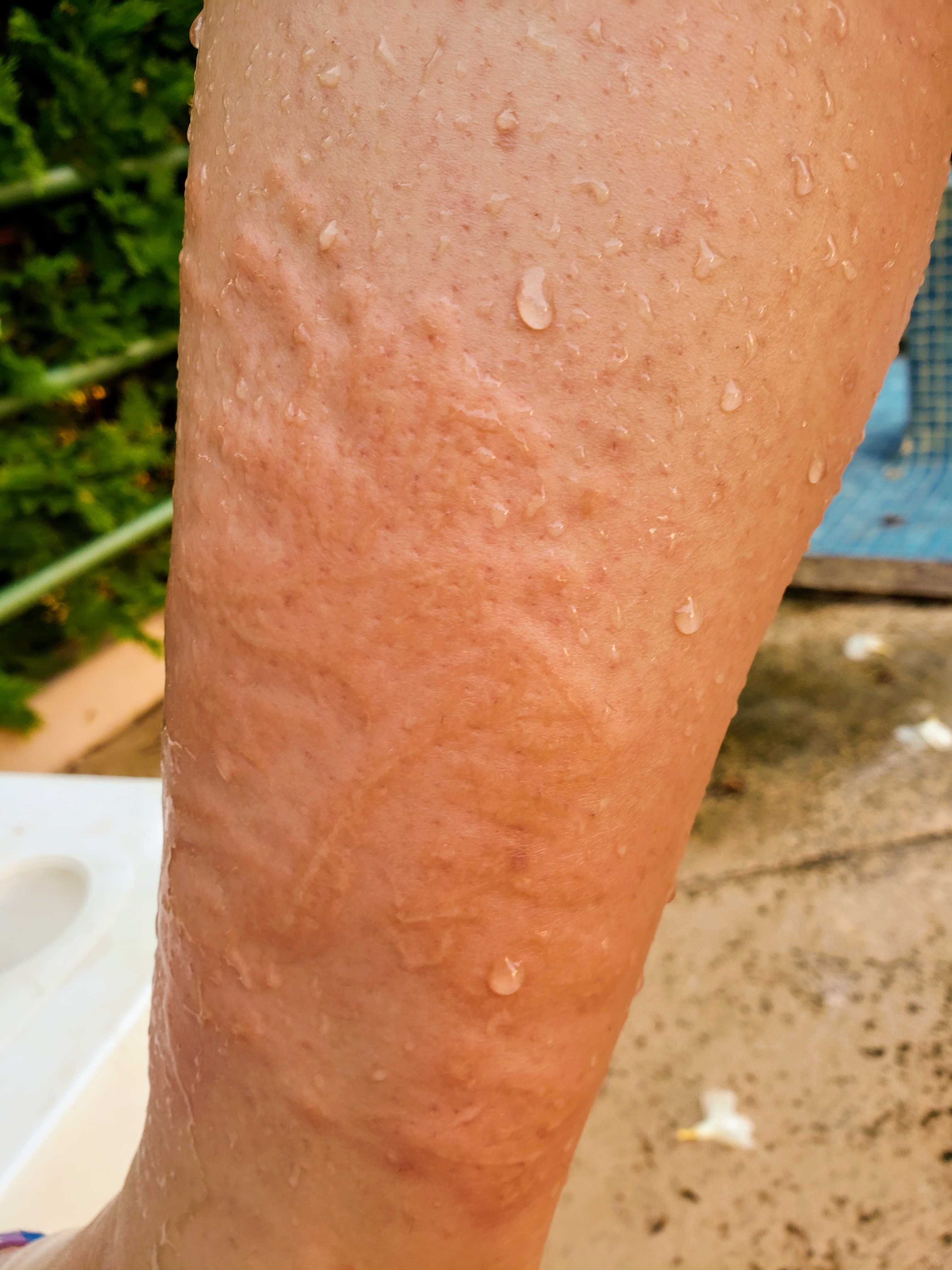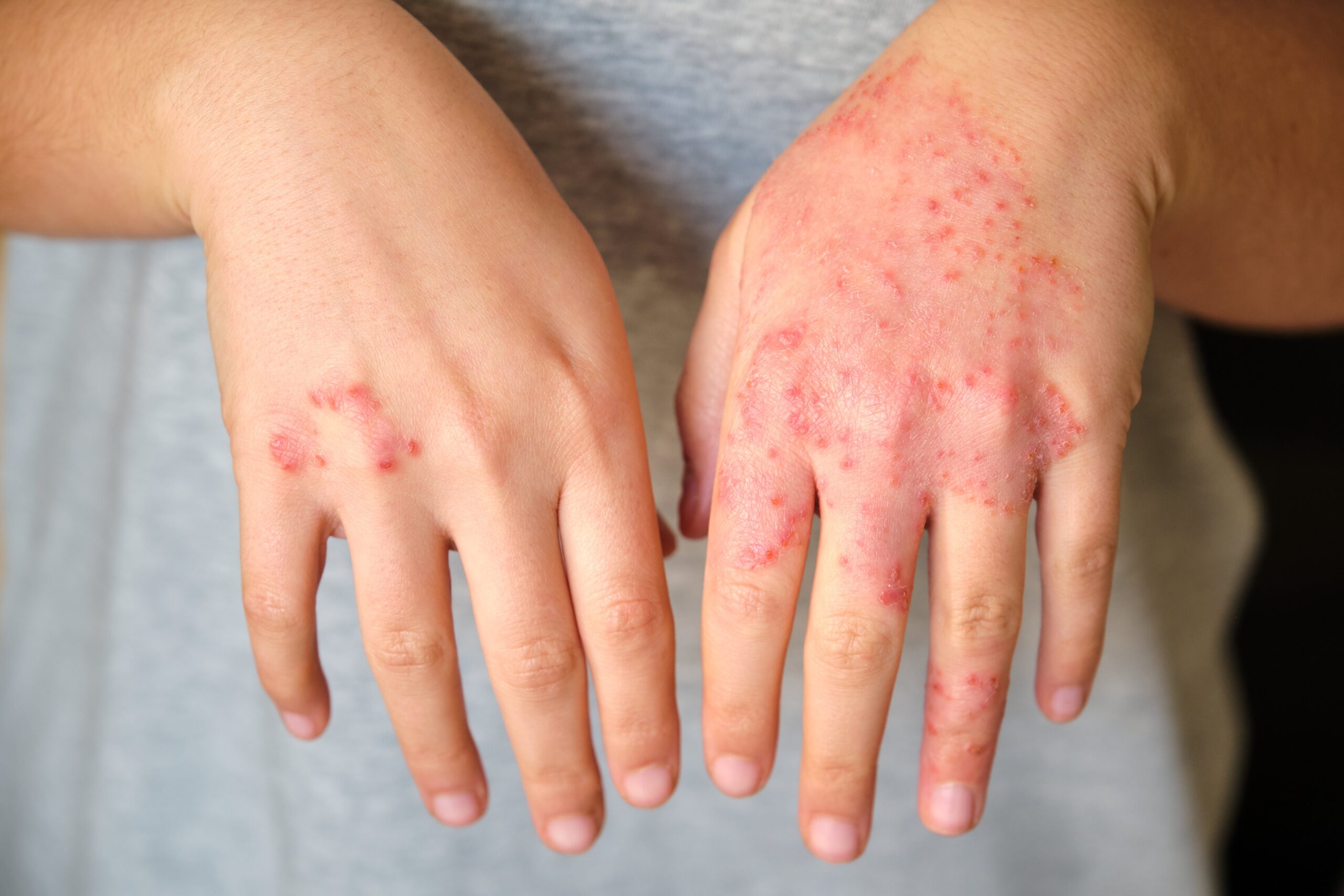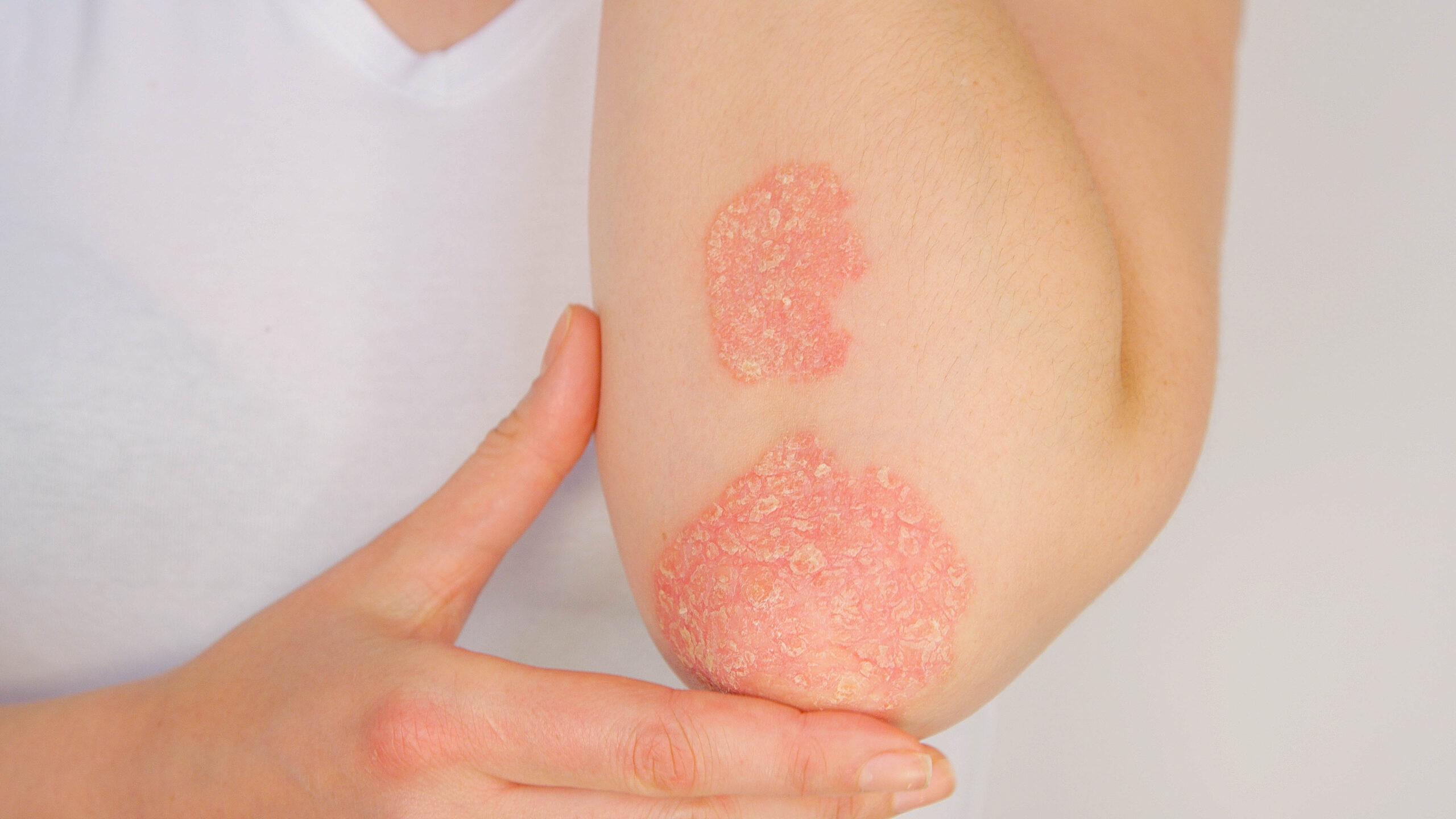A boil, also known as a furuncle, represents a deep bacterial infection of a hair follicle, distinguishing itself as a severe form of bacterial folliculitis. These infections manifest as tender red spots, lumps, or pustules, with careful examination showing the boil’s center around a hair follicle. While boils are a deeper infection, instances of superficial folliculitis may also occur simultaneously. Cultures from the skin lesions often yield Staphylococcus aureus.
When a boil develops multiple heads, it is referred to as a carbuncle. Larger boils may evolve into abscesses, characterized by the accumulation of pus within a cavity. Additionally, infection may spread to the surrounding tissues, known as cellulitis, potentially leading to fever and illness.
Interestingly, most individuals affected by boils maintain good personal hygiene and are generally healthy. However, they may be carriers of Staphylococcus aureus on their skin surface. This carrier state is somewhat common, with estimates suggesting that 10–20% of the population harbor staphylococcal bacteria, predominantly in areas like the nostrils, armpits, between the legs, and the buttocks cleft. The bacteria can be transferred to other body sites, typically through the fingernails.
Minor skin injuries such as tiny nicks, grazes, or friction can introduce bacteria into the hair follicle, a vulnerable spot in the skin’s defenses, leading to the development of a boil. These boils typically follow a course of about 10 days.
Although most people with boils do not have underlying health issues, boils can sometimes be associated with conditions like immune deficiency, anaemia, diabetes, smoking, or iron deficiency.
The approach to treating boils varies with their severity. Doctors may recommend several treatment options, including the use of antiseptic or antibacterial soap, regular application of hand sanitizer, antiseptic or antibiotic ointments for the nostrils, and skin cleansing with 70% isopropyl alcohol. Topical antiseptics such as povidone iodine or chlorhexidine cream may be applied to the boils. Oral antibiotics, particularly flucloxacillin, might be prescribed for more severe cases. If the infection persists, a microbiological culture could be necessary to test for resistant bacteria, and special antibiotics might be recommended.
Preventative measures against boils include maintaining overall health, weight management, balanced diet, cessation of smoking, daily body washing, frequent hand washing or using antiseptic rubs, not sharing personal hygiene items, regular changing of undergarments, and adjusting activities that increase sweating and friction. Supplementing with iron tablets in case of deficiency and vitamin C to boost neutrophil function may also be beneficial.



